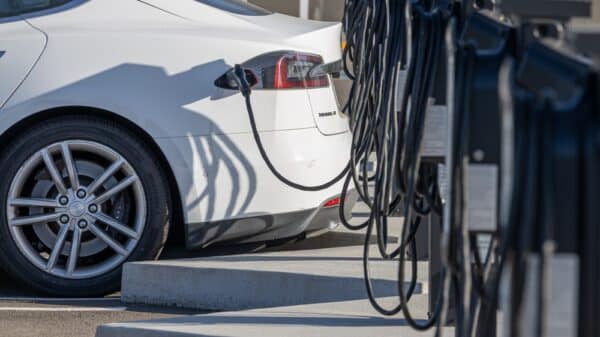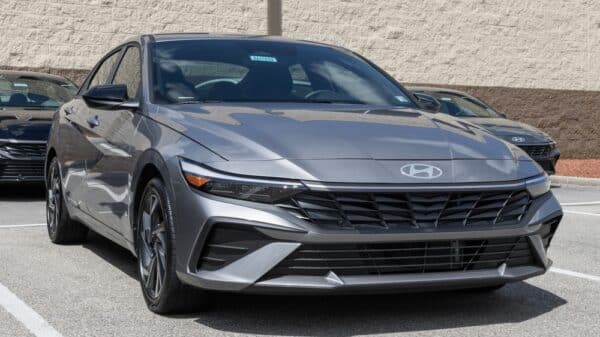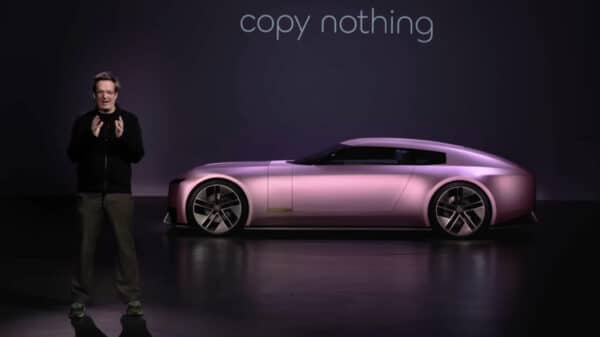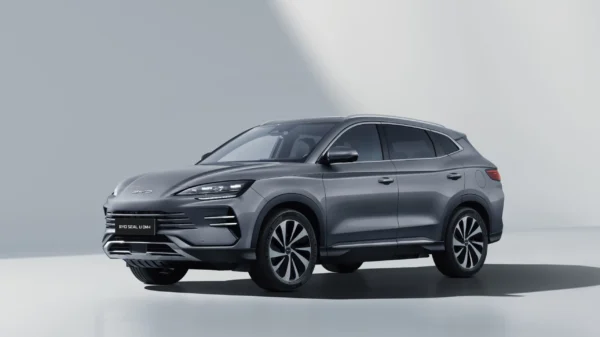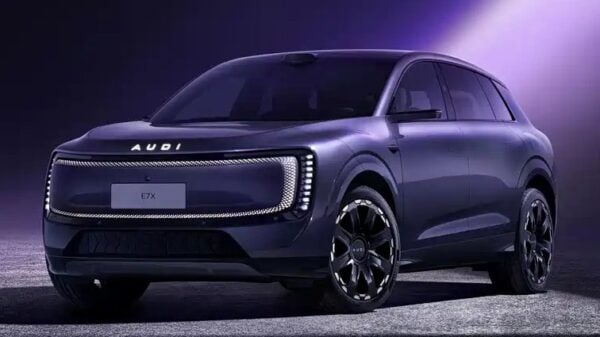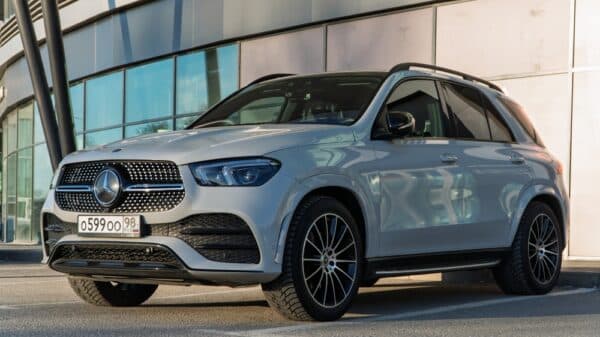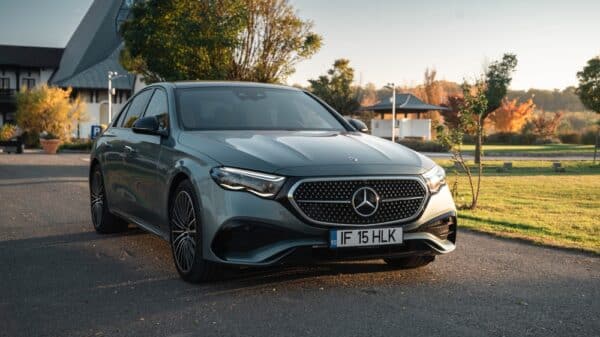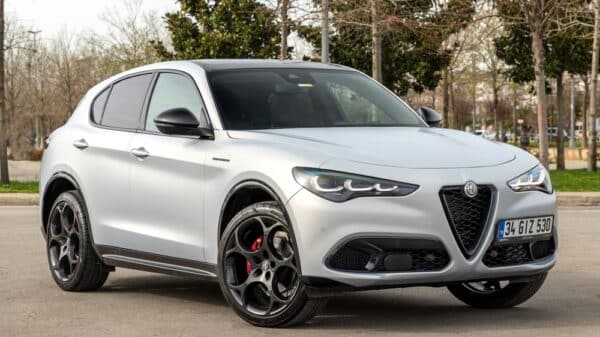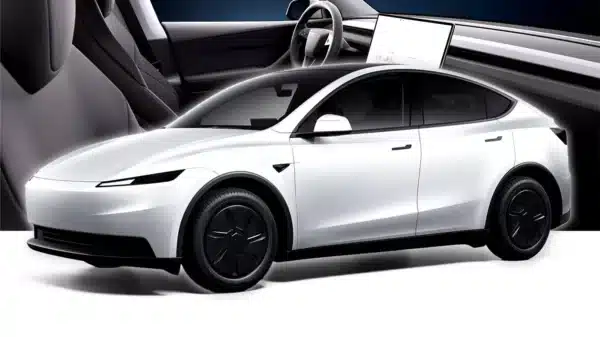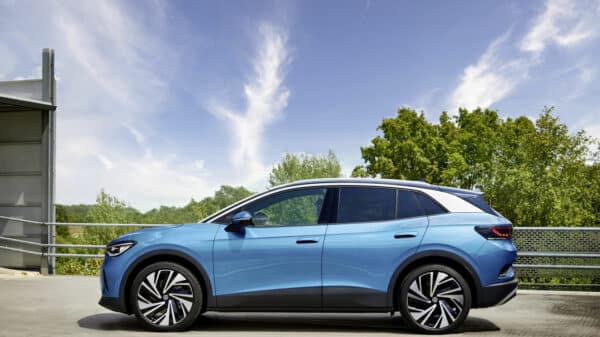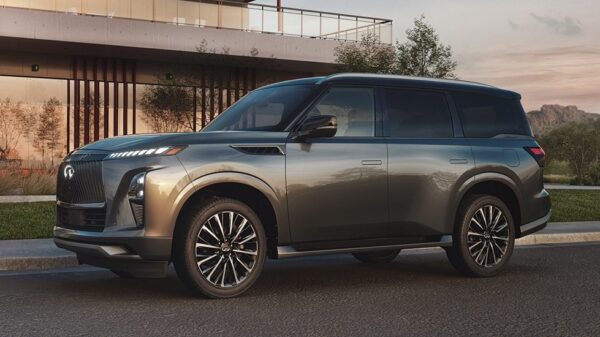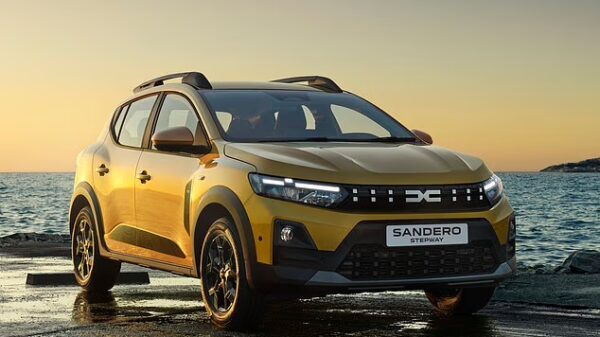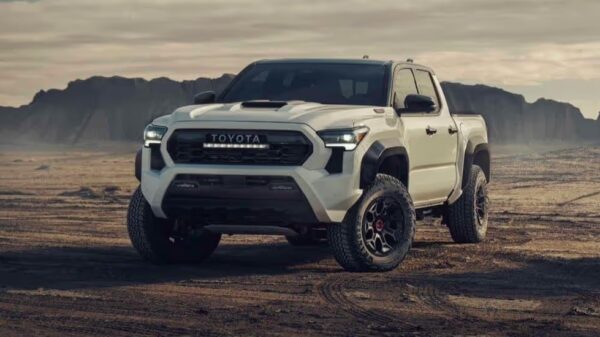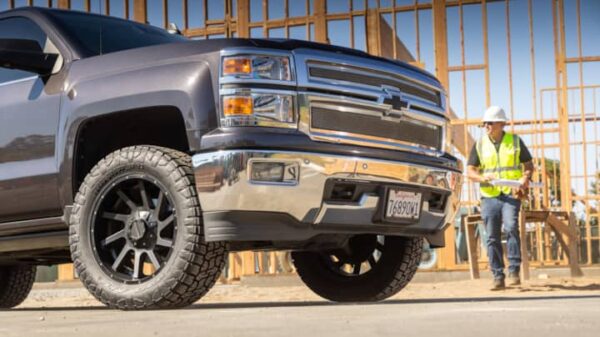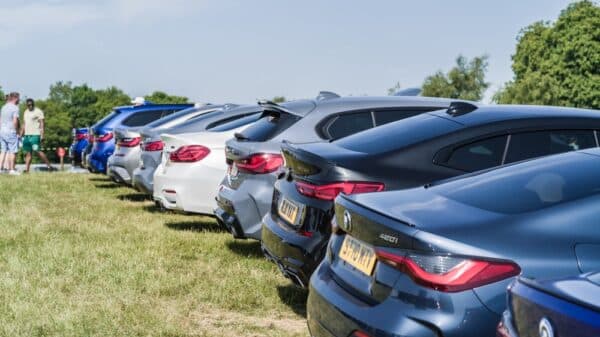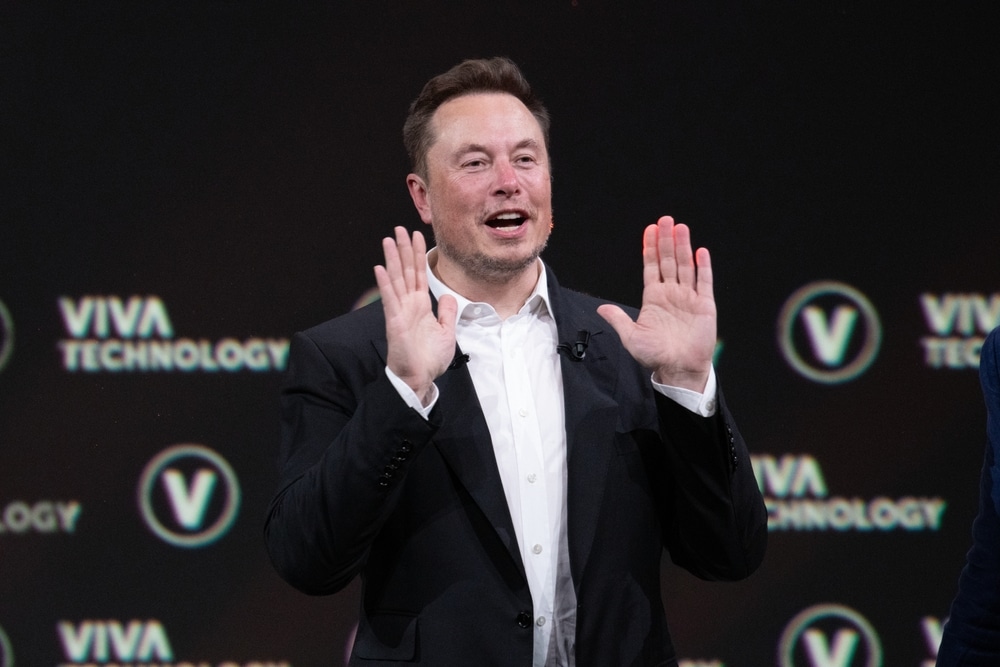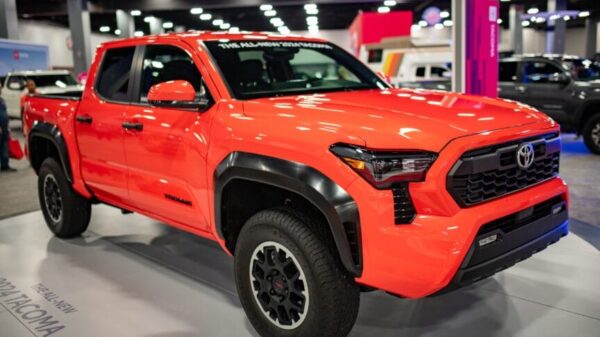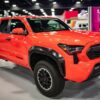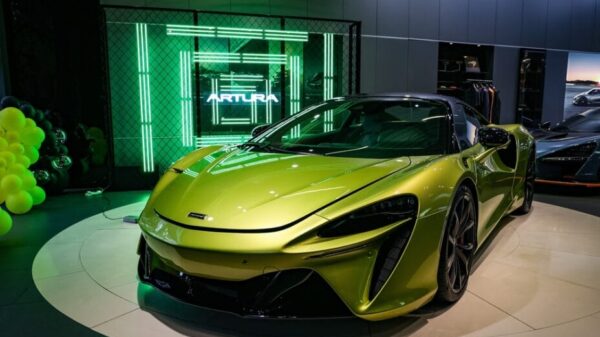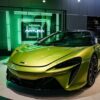It didn’t take long for Donald Trump to revert to familiar behaviors as tensions with his former ally, Elon Musk, flared publicly. In a classic move, Trump trotted out his long-standing criticisms of electric vehicles (EVs) as the clash unfolded.
In a recent post on Truth Social, Trump declared, “I took away his EV Mandate that forced everyone to buy Electric Cars that nobody else wanted (that he knew for months I was going to do!), and he just went CRAZY!” This was his initial reaction to the disagreements that were brewing between him and Musk.
During a White House press briefing, Trump further remarked, “All of a sudden [Musk] had a problem, and he only developed the problem when he found out that we’re going to have to cut the EV mandate, because that’s billions and billions of dollars.” This statement reflects a broader landscape where the implications of federal policy affect not just the automotive industry but also the future of sustainable transportation in our nation.
While it’s true that since leaving the so-called Department of Government Efficiency (DOGE), Musk has criticized Trump’s signature budget legislation, humorously dubbed the “Big, Beautiful Bill,” this isn’t just a personal spat. The bill has been projected by the Congressional Budget Office to add around $2.4 trillion to the federal deficit over the next decade, and according to Musk, it reflects his concerns about irresponsible government spending. He’s also noted that this legislation would effectively terminate the federal EV tax credit program, potentially stunting the growth of the electric market in the U.S.
Yet, as we look deeper into this ongoing saga, it raises a question about Musk’s prior stance regarding electric vehicle incentives while he publicly supported Trump’s campaign and policies from the White House. For someone spearheading a company that’s a major player in the EV market, his silence on the electric tax credit during those pivotal months is telling.
Trump’s views on EVs have consistently leaned toward skepticism. In a Christmas message last year, he went as far as telling supporters of “All Electric Car Lunacy” to “ROT IN HELL.” He has lambasted President Biden’s pro-EV policies as a farce, insisting that EVs “can’t go far,” despite growing advancements in battery technology and vehicle performance. His administration has championed fossil fuels, with a cabinet largely filled with industry veterans advocating traditional energy sources.
Unexpected alliances have emerged frequently in politics, and the partnership between Trump and Musk—a titan of the EV industry—has always seemed somewhat anomalous. At best, Trump might have acknowledged he had to support electric vehicles because of Musk’s vocal endorsement; this was hardly enthusiastic back-patting! Their relationship felt more transactional, rooted in Musk’s aligned interests against government spending rather than a shared vision for sustainable transport.
Musk himself has been clear about his expectations. During a third-quarter earnings call, he proposed a streamlined federal approval process for autonomous vehicles instead of a cumbersome patchwork of state regulations, emphasizing how beneficial such clarity would be for his business ventures. Following Trump’s election victory, Tesla’s stock surged on the belief that the new administration would favor regulations that align with Musk’s business aspirations in areas such as autonomous vehicles and artificial intelligence.
Throughout their alliance, discussions surrounding EVs didn’t surface frequently. There was no epiphany moment where Trump’s perspective would shift in favor of maintaining the Biden-era EV buying incentives to bolster the U.S. automotive market or sustain Musk’s financial flow. In interviews, Trump stated frankly, “I’ll tell you, he’s never called me and said, could you lay off the electric car?” indicating that their collaboration wasn’t built on mutual interests relating to electric vehicles.
In Congress, members often skewed toward prioritizing Trump’s demands over the potential impact on EV jobs in their districts, ultimately siding with the administration’s will. If anyone had the opportunity to alter this trajectory, it was Musk. Yet, rather puzzlingly, this isn’t the direction the country appears to be veering toward.
Musk’s nonchalance about the disconnect was evident in a Tesla earnings call where he implied he wasn’t concerned about EV policy under a Trump presidency. “At this point, I think that sustainable transport is inevitable,” he stated. “I’m highly confident that all transport will be autonomous, electric, including aircraft, and that simply, it can’t be stopped.” His confidence in the inevitability of the EV transition clashed with the dire reality that as Tesla struggled to appeal to a wider, especially conservative market, he was losing ground.
We must also remember that Musk has shifted priorities in recent months, pushing for a federal framework that aligns with his view of governance whilst navigating regulatory challenges that impact his companies. The potential long-lasting repercussions of DOGE, and its influence on American policy, may reverberate for years. It’s worth contemplating that had Musk opted to take a firmer stand for zero-emission transportation, he could have wielded considerable influence.
However, with their friendship seemingly at an end, Trump appears to be re-embracing his original sentiments toward the electric vehicle landscape. One thing is clear: Trump doesn’t take perceived slights lightly. Unless Musk and Trump can find common ground, the future looks uncertain for EVs, Tesla, and Musk’s ambitions in the autonomy space. The fallout from their estrangement is yet to unfold, and whether Musk will face repercussions in this evolving drama remains to be seen.
As an interesting footnote, Trump seems to be keen on selling a Tesla vehicle he bought from Musk, illustrating that even in this high-profile conflict, personal interests often take precedence.
Image Source: Frederic Legrand – COMEO / Shutterstock






